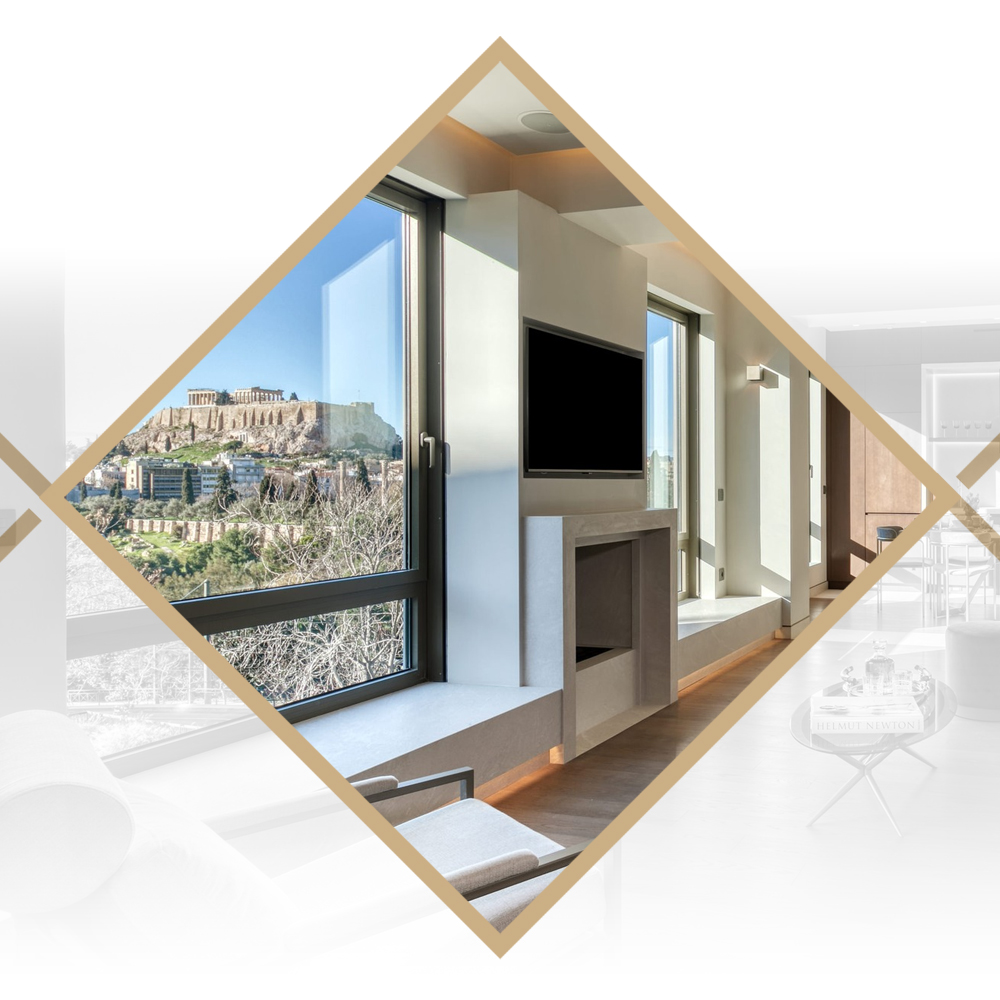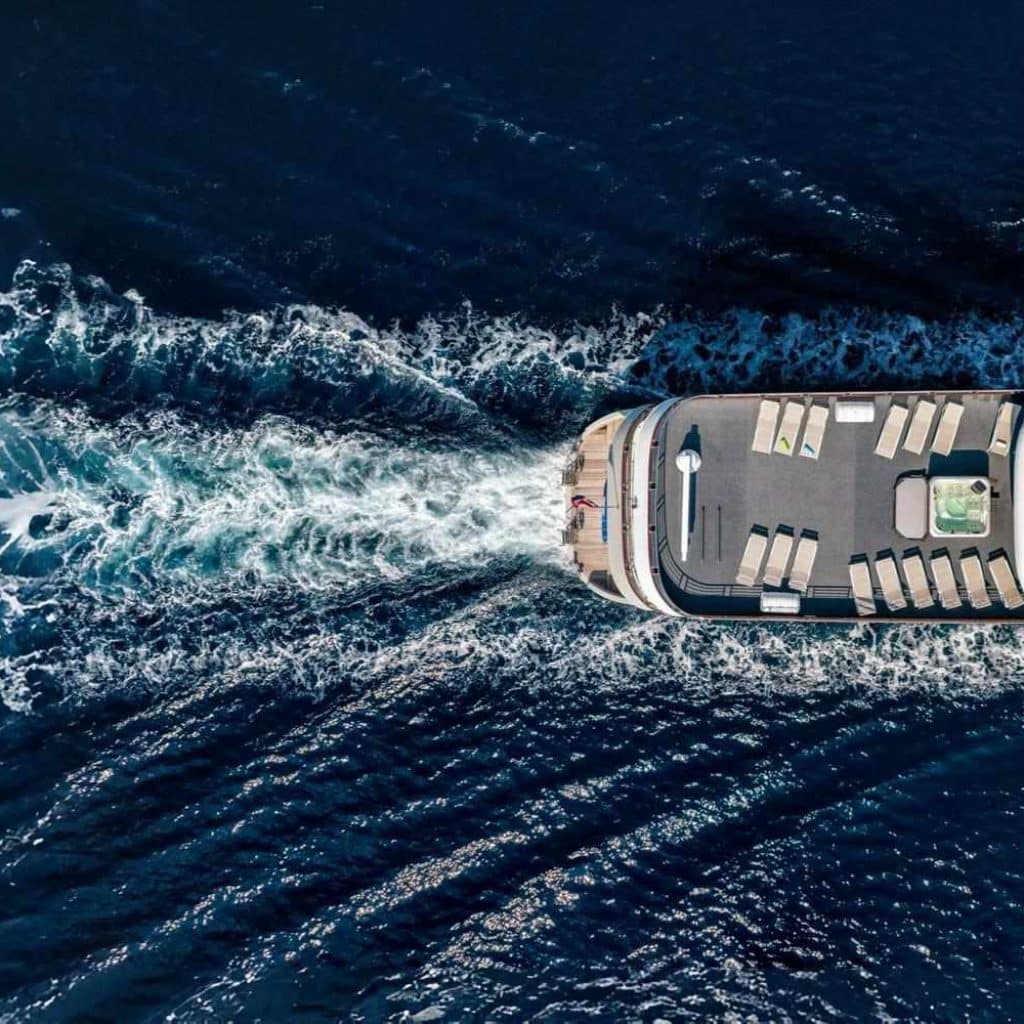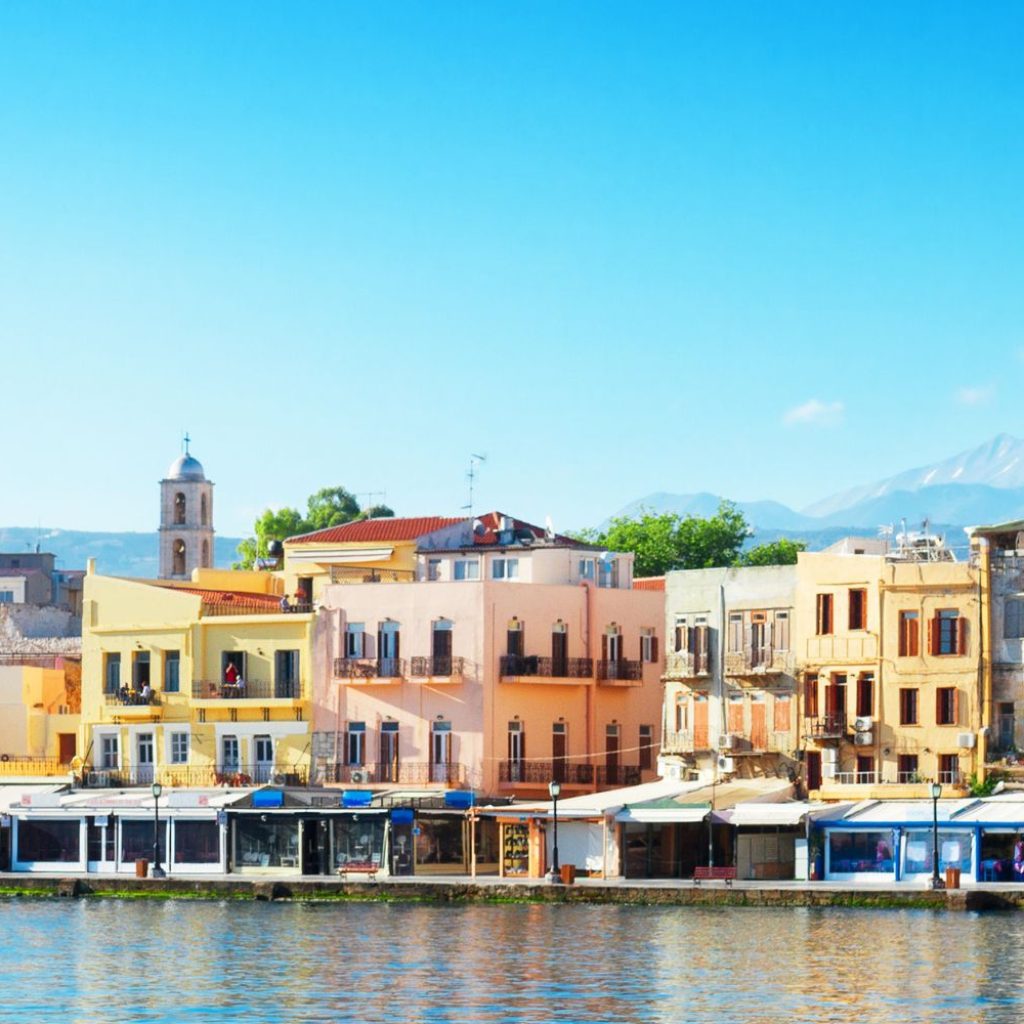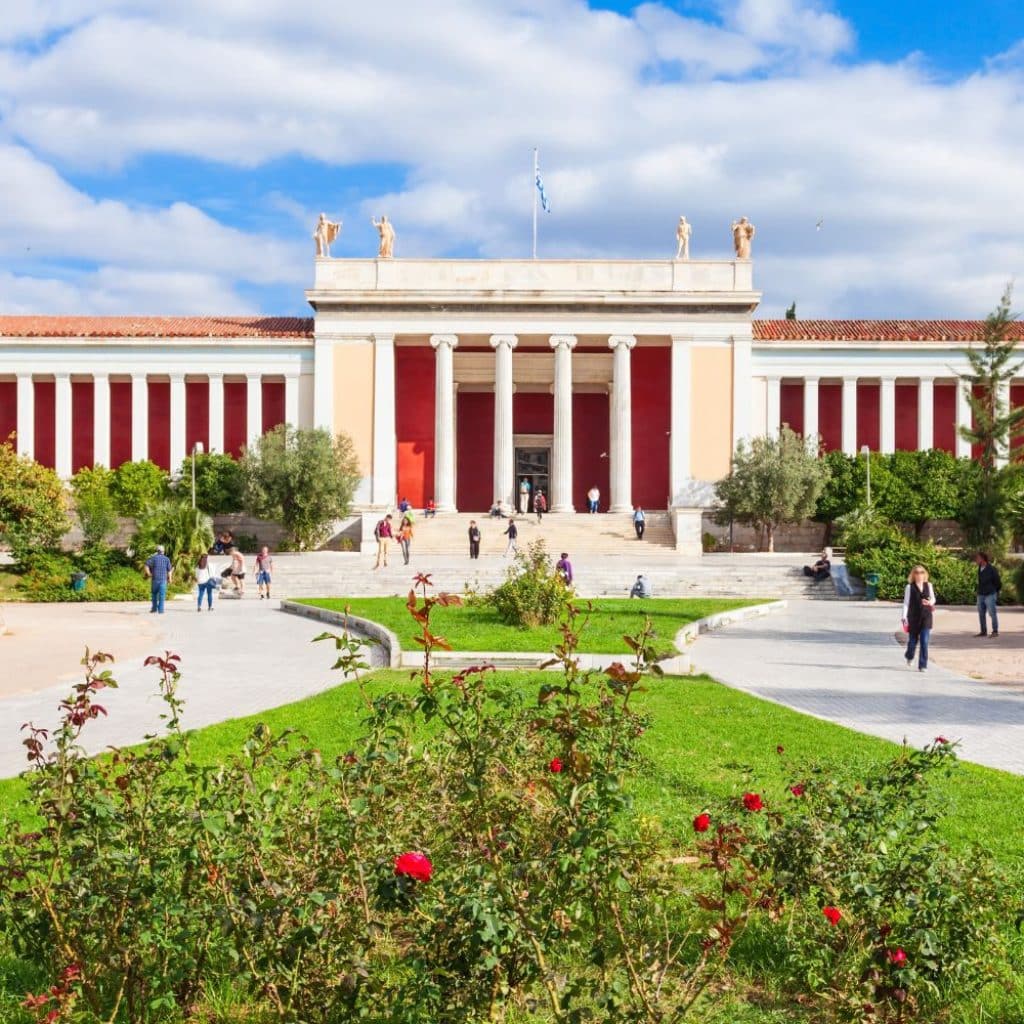Last Updated on 01/08/2024 by Manolis Maragkoudakis
VR creation for hotels: Revolutionize Your Hotel with VR
The hotel industry is being transformed by Virtual Reality (VR), which is offering visitors a completely new level of immersive experiences. Hotels can offer unique activities, demonstrate their rooms in stunning detail, and transport their visitors to any destination without leaving the lobby, all with the help of VR. This article will investigate the advantages of virtual reality creation and the potential for it to elevate your hotel to a preferred destination.
Advantages of Employing Virtual Reality in Hotels
Hotels can derive numerous advantages from virtual reality, including the ability to attract guests and improve their overall experience during their stay. One of the primary benefits is the capacity to offer prospective visitors a virtual tour of your property. VR enables guests to investigate the rooms, amenities, and attractions of your hotel from the convenience of their own residences. This immersive experience provides them with a genuine understanding of the experience of staying at your hotel, thereby enabling them to make a more informed decision when booking. By providing a virtual tour, you can significantly increase the probability that potential visitors will select your hotel over its competitors, thereby leaving a lasting impression.
The utilization of VR in hotels also provides the opportunity to exhibit the surrounding attractions, activities, and events. Even prior to their arrival, visitors can engage in cultural events or adventurous experiences through virtual reality (VR). This not only encourages them to select your hotel as their basecamp, but it also generates an additional revenue stream by enabling you to provide exclusive VR experiences for an additional fee. By incorporating virtual reality into your marketing strategy, you can establish a distinctive selling point for your hotel, thereby distinguishing yourself from your competitors.
Furthermore, virtual reality has the potential to improve the overall visitor experience during their stay. Hotels have the option of supplying VR headsets in their guest rooms, which would enable guests to access a diverse selection of virtual experiences, including immersive games and virtual city excursions. This increases the value of their stay and offers hotels the opportunity to upsell premium VR experiences. By providing a diverse selection of virtual activities, you can accommodate the diverse preferences of your guests and guarantee that they have a memorable and pleasurable experience.

How to Develop Virtual Reality Experiences for Your Hotel
The task of developing virtual reality experiences for your hotel may appear to be overwhelming; however, with the appropriate approach, it can be a fulfilling endeavor. The initial stage is to ascertain the types of experiences you wish to provide. Would you prefer to emphasize the rooms and amenities of your hotel, or would you prefer to offer virtual excursions of nearby attractions and activities? Once you have a clear vision, you can begin developing the content for your virtual reality experiences.
The appropriate software and apparatus are required to generate VR experiences. There are numerous alternatives, including high-end VR headsets and more cost-effective smartphone-based solutions.
The choice of equipment will depend on your budget and the level of immersion you want to provide. Furthermore, you will require VR creation software that enables you to create a seamless and immersive experience for your visitors by stitching together 360-degree images or videos and incorporating interactive elements.
The content for your VR experiences can be captured once the requisite apparatus and software have been acquired. This may entail the engagement of a professional photographer or videographer to document high-quality images or videos of your hotel and its surroundings. Alternatively, you may employ a 360-degree camera to manually record the content. In order to generate an engaging and authentic virtual experience, it is crucial to consider the lighting, composition, and overall atmosphere.
The content must be edited and assembled using the VR creation software after it has been captured. This procedure may entail the incorporation of interactive elements, such as hotspots that enable visitors to explore specific rooms or attractions or click on specific areas to find out more. After the virtual experience has been developed, it is possible to evaluate it to guarantee that it offers a seamless and immersive experience for your visitors.
Integrating Virtual Reality into Your Hotel’s Marketing Strategy
Virtual reality can be a powerful tool to enhance your hotel’s marketing strategy and attract more guests. One of the most effective ways to incorporate VR into your marketing is by creating virtual tours of your hotel. These tours can be shared on your website, social media platforms, and even third-party booking sites. By giving potential guests the opportunity to explore your hotel in a virtual environment, you can capture their attention and make a strong impression.
In addition to virtual tours, you can also use VR to showcase the surrounding attractions, activities, and events that your hotel offers. Create virtual experiences that allow guests to virtually participate in adventurous activities, explore nearby landmarks, or attend cultural events. These experiences can be used in your marketing materials, such as promotional videos or interactive brochures, to entice potential guests and showcase the unique experiences they can have while staying at your hotel.
Another way to integrate virtual reality into your marketing strategy is by partnering with local businesses and attractions. Create joint virtual experiences that highlight the best of what your destination has to offer. This not only provides additional exposure for your hotel but also helps promote the local community and create a sense of place for your guests. Collaborating with local influencers or travel bloggers who can create VR content featuring your hotel can also be an effective marketing strategy.

Staff Training for the Utilization of Virtual Reality Technology
The successful integration of virtual reality into your hotel operations necessitates the training of your staff to operate the technology efficiently. The marketing and sales teams, in addition to the front desk and concierge personnel, will be responsible for the creation and promotion of the virtual content. Additionally, they will be responsible for assisting guests with VR experiences. Providing your staff with exhaustive training will guarantee that they are knowledgeable and confident in the use of VR technology, thereby enabling them to deliver the best possible experience to your guests.
Begin by conducting training sessions to acquaint your staff with the VR apparatus and software you have selected. Encourage them to investigate the VR experiences independently and provide them with hands-on practice in order to gain a more comprehensive understanding of the visitor perspective. Moreover, offer guests best practices and guidelines for facilitating their VR experiences, including the proper fitting of the headgear, the resolution of common issues, and the provision of recommendations based on guest preferences.
Additionally, it is crucial to provide your marketing and sales teams with the necessary training to develop compelling virtual content and effectively integrate VR into your marketing strategy. This may entail the completion of seminars or online courses that focus on the development of VR content, digital marketing, and storytelling. Encourage your employees to remain informed about the most recent VR technologies and trends by providing them with continuous professional development and training opportunities.
Limitations and Potential Obstacles of Virtual Reality in Hotels
It is crucial to recognize the potential challenges and limitations of virtual reality, despite the numerous advantages it provides for hotels. The initial investment necessary to establish the VR infrastructure, which encompasses the cost of equipment, software, and content development, is one of the primary obstacles. Furthermore, the constant evolution of VR technology presents a challenge for hotels in terms of remaining informed about the most recent trends and advancements.
Another constraint pertains to the accessibility of virtual reality experiences. It is possible that not all visitors are acquainted with or at ease with VR technology. While wearing the headset, certain individuals may experience motion sickness or discomfort, which may restrict their ability to completely appreciate the virtual experiences. Guests who may favor conventional marketing materials or tangible tours should be offered alternative options.
Additionally, the sensory experience of being physically present in a location may not be entirely replicated by VR experiences. Although VR can offer a visual and auditory experience, it is unable to replicate the scent, taste, or touch of a destination. In order to prevent disappointment, hotels should effectively manage visitor expectations and communicate the constraints of virtual experiences.
Conclusion: Virtual Reality – The Future of the Hotel Industry
Virtual reality has the potential to revolutionize the hotel industry by offering guests immersive experiences and altering the manner in which hotels present their properties. Hotels can attract additional guests and improve their overall experience by offering virtual excursions, showcasing nearby attractions, and offering distinctive activities made possible by VR technology.
Although there may be obstacles and constraints, the advantages of virtual reality in hotels are significantly greater than the disadvantages. Elevate the way you present your property by adopting the future of hotels and utilizing virtual reality. Maintain a competitive edge and provide your clients with an unforgettable VR experience.







Post Discussion